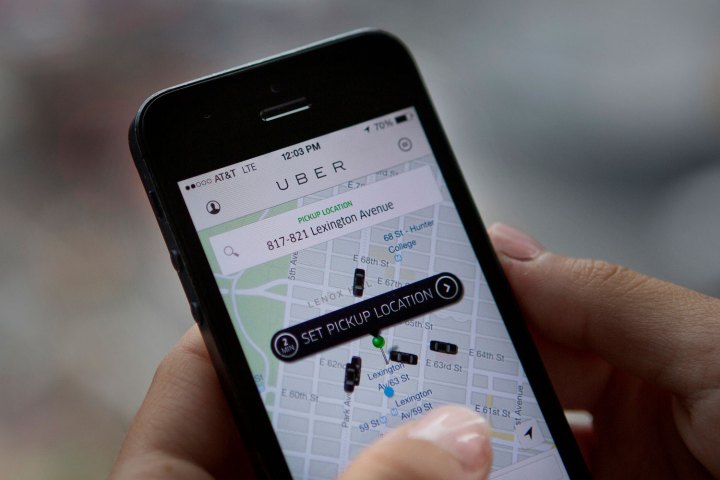
Uber has long claimed that its drivers are independent contractors and thus ineligible for such federal protections, and that allowing independent contractors to engage in collective bargaining may constitute price-fixing under federal law. But now, Seattle is officially disagreeing.
“This is amazing,” Saad Melouchi, a 30-year-old Uber driver, told the BBC. “I’m so happy for myself and for other drivers.” A number of employees have pushed for such an ordinance in recent months, despite facing backlash from Uber and other companies for doing so. Takele Gobena, 26, who led the push for Uber driver unionization, was even temporarily removed from Uber after participating in a news conference with Seattle City Council member Mike O’Brien, who sponsored the bill.
“I’m so excited. I’m so happy,” said Gobena. “This is a big change for us.”
“My intent is to make sure that the people, the drivers, the workers in our community continue to have access to good wage jobs,” said O’Brien. “I am proud Seattle is continuing to lead the nation in advancing labor standards for our workers.”
But not everyone in Seattle is thrilled about the new law, including Seattle’s mayor. Noting the “valuable new tools” companies like Lyft and Uber provide for city residents, Mayor Ed Murray said, “I remain concerned that this ordinance, as passed by the Council, includes several flaws, especially related to the relatively unknown costs of administering the collective bargaining process and the burden of significant rule-making the Council has placed on City staff.” Murray has refused to sign the bill, but as his signature is not required for the legislation to go into effect, the protest is more symbolic than anything else.
Uber and Lyft, for their part, have made clear their opposition to the ordinance, and have promised to fight it in court. “Uber is creating new opportunities for many people to earn a better living on their own time and their own terms,” said the company in a statement on Monday. Lyft struck a similar tone, stating, “We urge the mayor and full council to reconsider this legislation and listen to the voices of their constituents who choose to drive with Lyft because of the flexible economic opportunity it offers.”
But to Council member O’Brien and other drivers, this decision comes as a huge victory for the many drivers employed by these enormous corporations. “This bill was only introduced out of necessity after witnessing how little power drivers themselves had in working for a living wage,” said O’Brien.
Here’s hoping this ordinance will do some good.
Editors' Recommendations
- Uber vs. Lyft
- Uber and Lyft shutdown averted in California after court decision
- California sues Uber, Lyft to force them to make drivers employees
- Uber and Lyft face a cheaper ridesharing rival in New York City
- Uber may be banned in London. Could the same thing happen in the U.S.?


